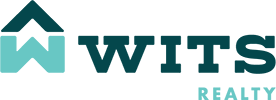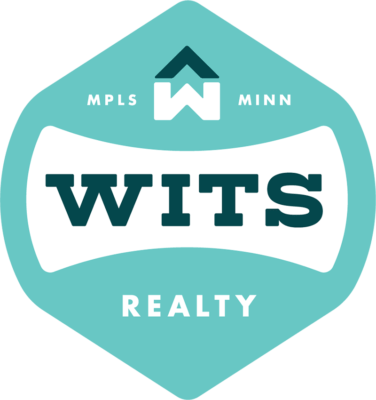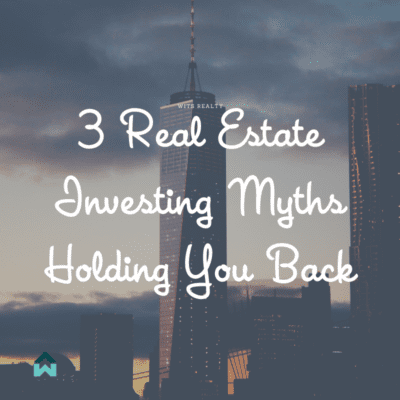Is Twin Cities Housing In Bubble Trouble?

By Brady Erickson, Realtor
Short answer: No. Long answer: No, not really.
Understandably, there is a bit of a recency bias when it comes to how one feels about the future of the real estate market. We are not all that far removed from the bursting of the housing bubble, and that is certainly informing how some people approach their current real estate decisions. However, it important to remember the uniqueness of “the bubble” and give credence to the preventative measures that have been put in place. Viewing the market in light of today’s most impactful information will better serve you in planning your next move(s).
Predictions for 2019:
- Interest Rates Will Rise: This isn’t really going out on a limb because the Fed (the people who control monetary policy and determine when to raise interest rates) have said that they will do it based on their optimistic forecast of economic growth. Raising interests rates is common practice and nothing to fear, per se. It will, however, mean buying a home will cost you more money (even if home prices stay the same, and in some cases, drop). This should inform your next steps if you are on the fence about buying.
- Home Values Will Rise: They probably won’t increase at the rate we’ve seen in recent years, but values will still appreciate. It’s likely that you’ve heard rumbles of a shift from a “seller’s” to “buyer’s” market on the local news in some capacity. This is an oversimplification but makes for a good story. Growing interest rates may slow down buyer demand and subsequently, the competition that inflates home prices. However, increased costs to borrow will have a counterbalancing effect that will limit buying power, keeping things from flipping to a market that entirely favors buyers. Better put, 2019 may be less of a “seller’s” market, but that is not the same as saying it will be a “buyer’s” market.
- Housing Affordability Will Diminish: The Housing Affordability Index shows us the relationship between incomes and the cost of housing. Right now in the Twin Cities, the index is at 142, which means the average family makes 142% of what is needed to afford the average home (around $260,000). This tells us there is room for home values to rise and likely at a rate higher than wages. Put simply, if you are waiting to buy a house until your next pay raise, your raise likely won’t counteract the rising cost to buy, and your waiting will have cost you.
What does this mean for you in 2019?
There are countless considerations when it comes to the decision to buy a home; however, the market data makes it clear that 2019 is still a year of opportunity for real estate in the Twin Cities. Interested in knowing more about what that could look like for you? Let us be your guide in creating a solution that best fits your needs!
Keep up with Wits
More from the Wits Blog:
Metro Transit Goes West: Why It Matters
Last week, the Federal Transit Administration (FTA) gave an important approval for the Southwest Light Rail Transit (SWLRT) project. Along with this approval, came the ability to for the Met Council to award the construction contract for the project which is estimates a total cost of $2 Billion. That is the largest infrastructure project in the state’s history.
3 Real Estate Investing Myths Holding You Back
Admittedly, real estate investing can feel confounding and downright perilous. However, clearing a path through the forest of misconceptions is a good place to start.



